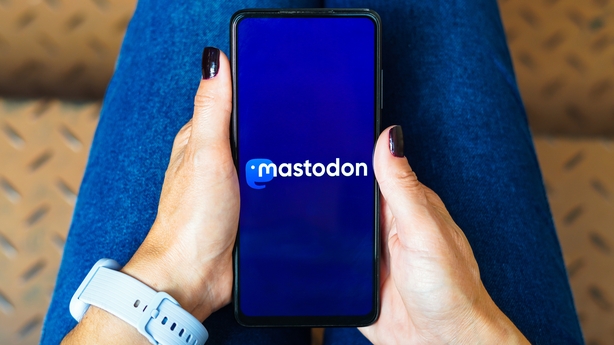Elon Musk's move to temporarily cap how many posts Twitter users can read on the social media site could undermine efforts by the company's new chief executive Linda Yaccarino to attract advertisers, marketing industry professionals said.
Musk announced at the weekend that Twitter would limit how many tweets per day various accounts can read, to discourage "extreme levels" of data scraping and system manipulation.
Users posted screenshots in reply, showing they were unable to see any tweets, including tweets on the pages of corporate advertisers, after hitting the limit.
Ad industry veterans said the move creates an obstacle for Yaccarino, the former NBCUniversal advertising chief who started last month as Twitter's chief executive officer.
Yaccarino has sought to repair relationships with advertisers who pulled away from the site after Musk bought it last year, the Financial Times reported last week.
The limits are "remarkably bad" for users and advertisers already shaken by the "chaos" Musk has brought to the platform, Mike Proulx, research director at Forrester, said.
"The advertiser trust deficit that Linda Yaccarino needs to reverse just got even bigger. And it cannot be reversed based on her industry credibility alone," he said.
Lou Paskalis, the founder of advertising consultancy AJL Advisory and former marketing boss at Bank of America, said Yaccarino is Musk's "last best hope" to salvage ad revenue and the company's value.
"This move signals to the marketplace that he's not capable of empowering her to save him from himself," he said.
Under the new cap, unverified accounts were initially limited to 600 posts a day with new unverified accounts limited to 300. Verified accounts could read 6,000 posts a day, Musk said in a post on the site.
Hours later, he said the cap was raised to 10,000 posts per day for verified users, 1,000 per day for unverified and 500 posts per day for new unverified users.
A Twitter spokesperson did not reply to requests for comment and inquiries about how long the restrictions will last on Sunday.
Capping how much users can view could be "catastrophic" for the platform's ad business, said Jasmine Enberg, principal analyst at Insider Intelligence.
"This certainly isn't going to make it any easier to convince advertisers to return. It's a hard sell already to bring advertisers back," she said.
The limit came soon after Twitter began requiring users to log into an account on the social media platform to view tweets, which Musk called a "temporary emergency measure" to combat data scraping.
Musk had earlier expressed displeasure with artificial intelligence firms like OpenAI, the owner of ChatGPT, for using Twitter's data to train their large language models.
Platforms including Reddit and major news media organisations have complained about AI companies using their information to train AI models as some have sought fees.
Kai-Cheng Yang, researcher at Indiana University in Bloomington, said that the limits appeared to be effective in blocking third parties, including search engines, from scraping Twitter data like before.
"It might still be possible, but the methods would be much more sophisticated and much less efficient," he said.

Meanwhile, that turmoil at Twitter following new limits to the amount of posts users can see appears to be driving a surge in activity at Mastadon, a German rival that prides itself on its decentralised, user-driven structure.
"Looks like Mastodon's active user base has increased by 110K (110,000) over the last day. Not bad," Eugen Rochko, creator and chief executive of Mastadon, wrote on the platform last night.
"I would prefer it if Elon Musk was destroying his site during the work week. This isn't the first time," another post from Rochko read.
Musk took over Twitter in October 2022. Since then, his erratic management style has prompted some users and advertisers to turn away from the site.
Mastodon has similar features to Twitter but rather than being controlled by one company, it is installed on thousands of computer servers, largely run by volunteer administrators who join their systems together in a federation.

